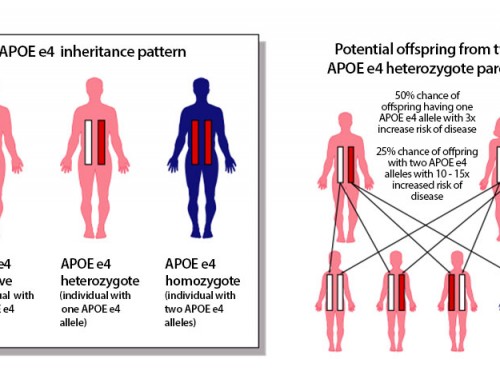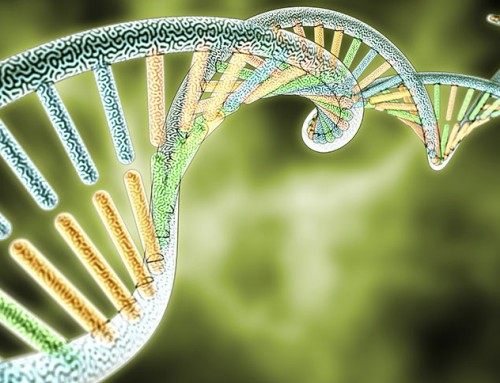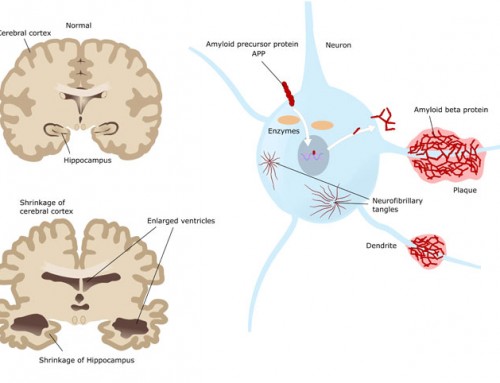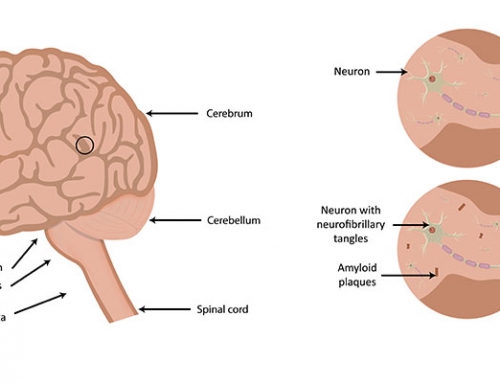[Updated 2015 Sep 24]. In: Pagon RA, Adam MP, Ardinger HH, et al., editors. GeneReviews® [Internet]. Seattle (WA): University of Washington, Seattle; 1993-2015.
Leal SL, Yassa MA (2013). Perturbations of neural circuitry in aging, mild cognitive impairment, and Alzheimer’s disease. Ageing Research Reviews. 12(3): 823-31.
How to tell the difference between normal aging and Alzheimer’s?
There are ten early warning signs and symptoms of Alzheimer’s disease. One or more of these symptoms that are severe enough to disrupt daily life might be a sign of Alzheimer’s. The signs and symptoms of Alzheimer’s include loss of memory; difficulty in reasoning; trouble in completing daily routine; impaired awareness about time and location; vision problems; struggling with vocabulary; misplacing things and inability to retrace steps; poor judgment calls; withdrawal from social activities and change in personality or mood.
Loss of Memory
This is the most common sign of people with Alzheimer’s. In normal age-related change, an elderly person might forget events and appointments once in a while, but come to realization later. However, for a person with Alzheimer’s disease, newly learned information can be easily forgotten and they lose track of important dates and events on a frequent basis. As the disease progresses, memory is affected more severely until patients eventually do not remember or recognize close family and friends.
Difficulty in Reasoning
In normal aging, an elderly person might make random mistakes in following a recipe or might forget to keep track of monthly bills occasionally. A person with Alzheimer’s will experience more challenges in planning or problem solving and may have problems following a familiar recipe, or trouble concentrating on simple tasks.
Trouble in Completing Daily Routine
In an age-related change, an elderly person might need assistance with the oven setting or might forget how to use an electrical device. However, Alzheimer’s patients have difficulty completing an ordinary routine at work or home and often experience trouble finding a familiar location.
Impaired Awareness about Time and Location
In normal aging, an elderly person might be confused about the date, but remember it later. However, an Alzheimer’s patient will often forget the date, where they are, how they arrived there or why they are at a specific location.
Vision Problems
In normal aging, people often have changes in vision due to cataracts or presbyopia (age-related farsightedness). Alzheimer’s patients often have further vision problems including an inability to read, judge distances, distinguish colors or recognize their own reflection.
Struggle with Vocabulary
In normal aging, an elderly person might not remember the correct word to use occasionally. However, a person with Alzheimer’s will often call things or people by the wrong name, be unable to carry on a conversation smoothly and will repeat themselves often.
Misplace Things and Inability to Retrace Steps
In a normal aging, an elderly person might lose things occasionally, but can often retrace steps to find the lost item later on. However, people with Alzheimer’s often put things in unusual places (e.g. keys in the fridge), and they are unable to retrace their steps to find the lost item. This can lead to increased stress and there are often wrongful accusations of burglary when items are misplaced.
Poor Judgment Calls
In normal aging, an elderly person might make a bad decision occasionally. Alzheimer’s patients have a decreased ability to make decisions and can frequently make poor judgment calls, such as wearing completely inappropriate clothing for the weather or occasion.
Withdrawal from Social Activities
An unaffected elderly person might occasionally feel tired of work, social or family obligations. Alzheimer’s patients will often try to avoid other people and social groups, often due to embarrassment from the changes that they are recognizing in themselves. They often lack motivation for normal activities that they used to enjoy and may prefer to sleep more than usual.
Change in Personality or Mood
In normal aging, an elderly person might become irritated or grumpy when their regular routine is disrupted. However, a person with Alzheimer’s will often become easily upset and depressed for no apparent reason. They might also be confused about what is going on with himself, or suspicious of other people.
References:
Alzheimer’s Disease Fact Sheet. (Page Last Updated: July 20, 2015). Alzheimer’s Disease Education and Referral (ADEAR) Center – A service of the National Institute on Aging, National Institutes of Health.
Bird TD (1998). Alzheimer Disease Overview.
Genovate Laboratories2017-04-06T00:20:03+00:00






